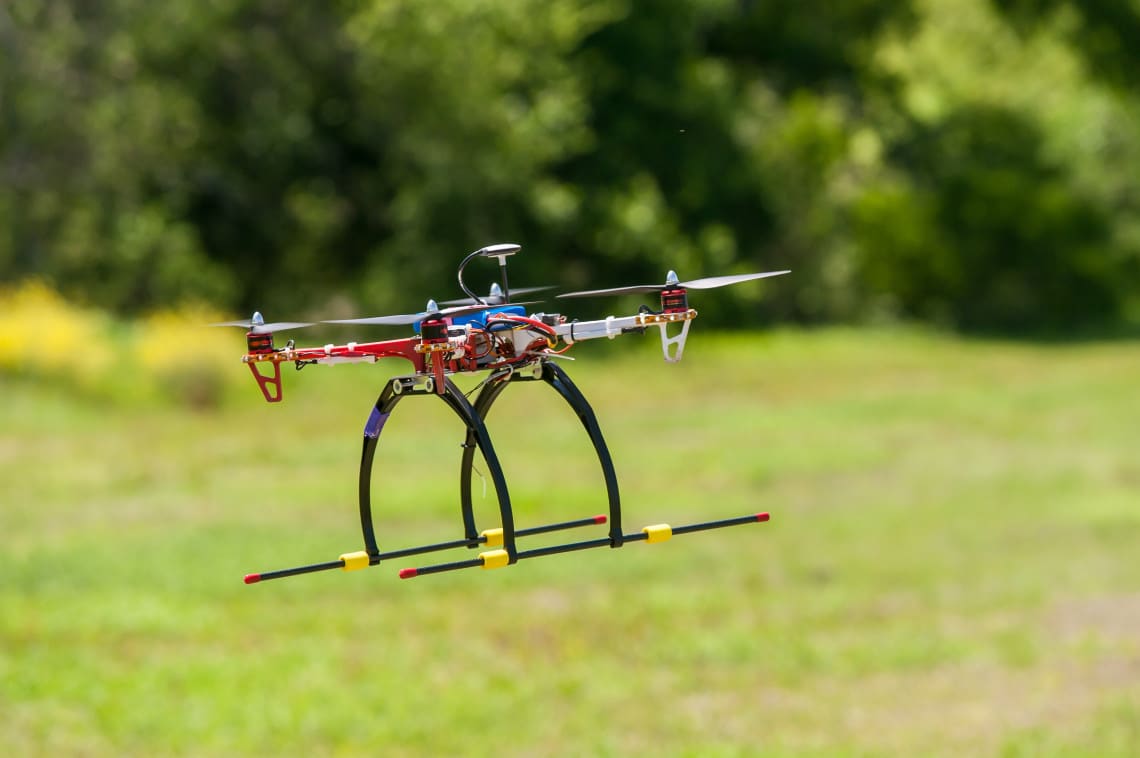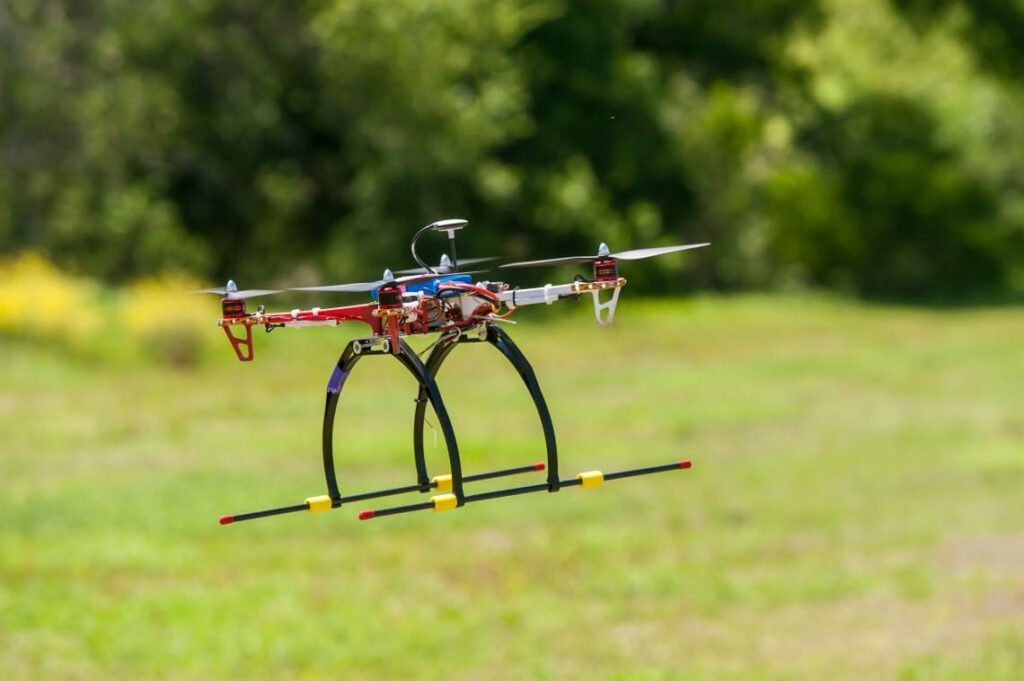
In today’s rapidly advancing technological landscape, the integration of artificial intelligence (AI) has brought transformative changes to various industries, with healthcare standing at the forefront of this revolution. The synergy between AI and healthcare holds immense promise for improved diagnostics, treatment personalization, and operational efficiency. This article delves into the fascinating realm of AI in healthcare, exploring its applications, challenges, and the potential it holds for the future.
Artificial intelligence has ushered in a new era of possibilities for the healthcare sector. From accurate diagnostics to personalized treatment plans, the impact of AI is profound and multifaceted.
Introduction
The convergence of AI and healthcare has given rise to a paradigm shift in medical practices. AI algorithms, powered by machine learning and deep learning techniques, are being employed to process and analyze massive datasets with unprecedented speed and accuracy.
The Role of AI in Diagnostics
Enhancing Medical Imaging Interpretations
One of the remarkable applications of AI in healthcare is its ability to enhance the interpretation of medical images. Radiology and pathology are benefitting from AI’s capability to identify minute details that might be missed by the human eye.
Early Disease Detection
AI-enabled tools are facilitating the early detection of diseases by analyzing patient data and identifying subtle patterns that could indicate potential health issues. This proactive approach is revolutionizing patient care by enabling interventions at earlier stages.
Personalized Treatment Plans
Tailoring Medications and Therapies
AI’s prowess in processing individual patient data has paved the way for personalized medication regimens. By considering a patient’s genetics, medical history, and current condition, AI can suggest treatments tailored to their unique needs.
Precision Surgery with Robotics
Robot-assisted surgeries, guided by AI algorithms, offer unparalleled precision and dexterity. Surgeons can operate with enhanced accuracy, leading to faster recovery times and reduced post-operative complications.

